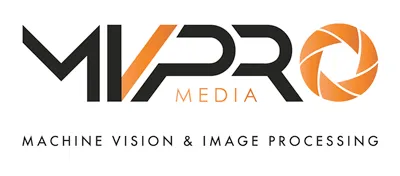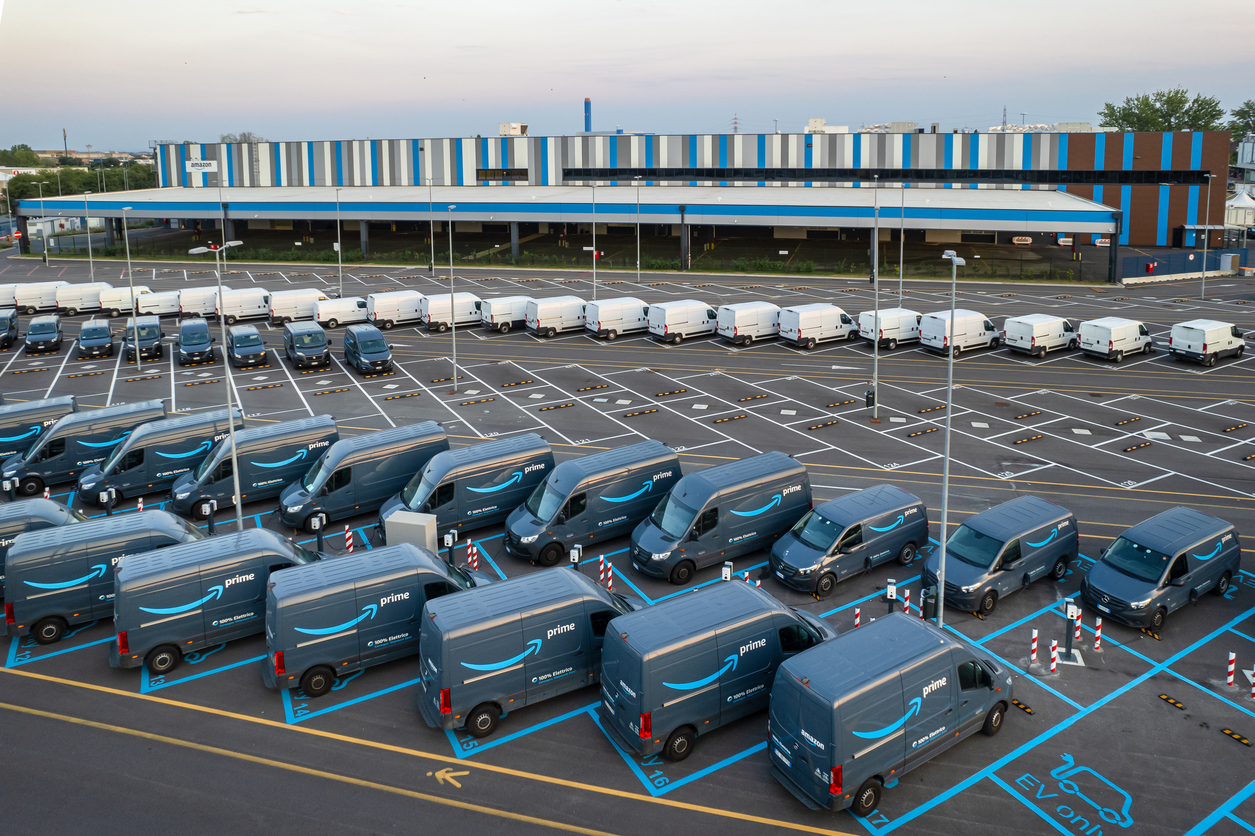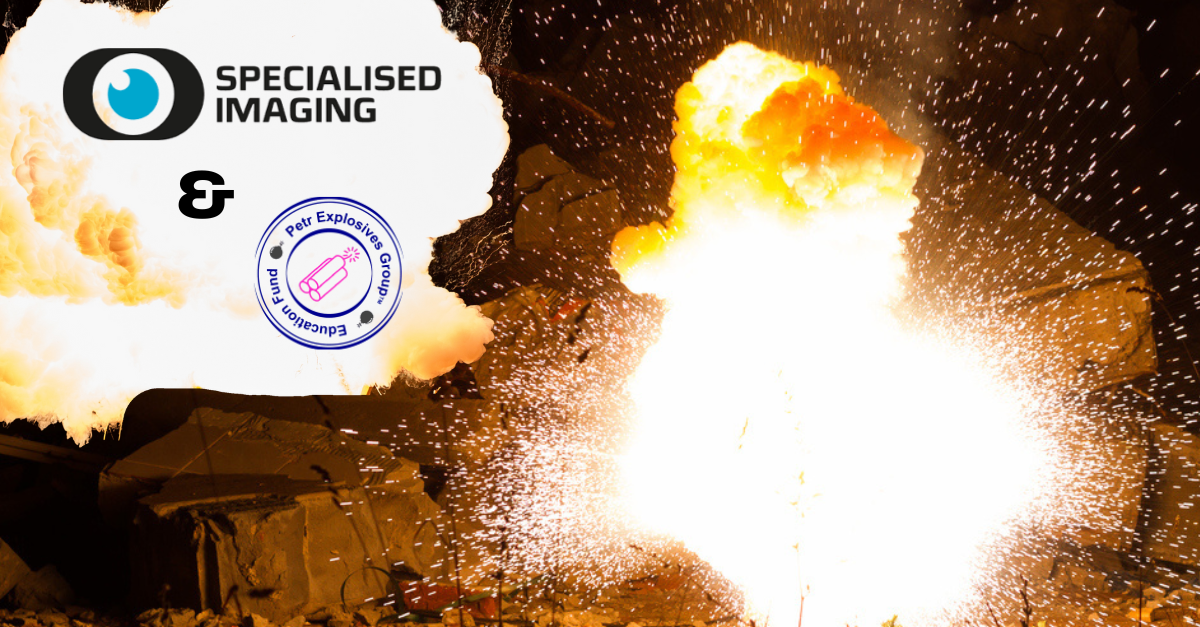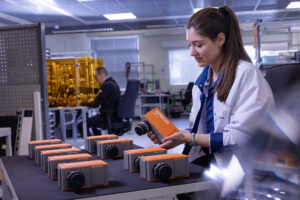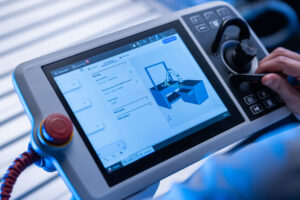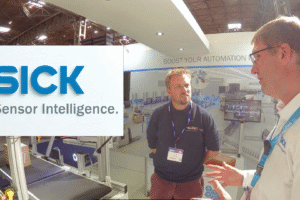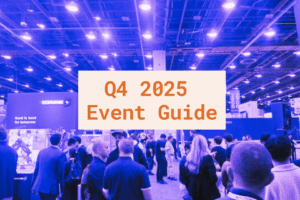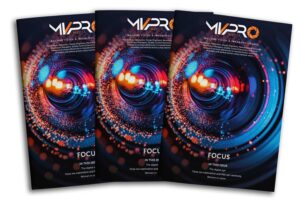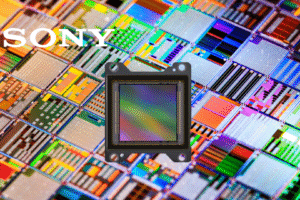Greenliant is now sampling its new NVMe NANDrive™ ball grid array (BGA) solid state drives (SSDs) to customers requiring reliable, high performance data storage for embedded systems used in high stress, extreme environments. Operating between -40 and +95 degrees Celsius, NVMe NANDrive SSDs support the PCIe Gen3x4 interface and are built in an industry standard M.2 1620 (16 x 20mm, 291-ball) package.
“Building on our proven track record with PATA, SATA and eMMC NANDrive, Greenliant delivers another outstanding high reliability BGA SSD, now with the high speed PCIe NVMe interface, and features that meet the requirements of the most de-manding applications,” said Arthur Kroyan, vice president, business development and marketing, Greenliant.
The NVMe NANDrive EX Series using Greenliant EnduroSLC™ Technology offers superior data retention and ultra-high endurance of 75,000, 150,000 or 400,000 pro-gram-erase (P/E) cycles (up to 17,800 TeraBytes Written (TBW)). NVMe NANDrive EX Series SSDs are available in 20 GB, 40 GB, 80 GB and 160 GB capacities. For long-life applications, NVMe NANDrive EX Series SSDs are included in Greenliant’s Long-Term Availability (LTA) program (https://bit.ly/SSD-LTA-program).
The NVMe NANDrive PX Series using industrial 3-bit-per-cell (TLC) NAND pro-vides high endurance of 5,000 P/E cycles (up to 6,700 TBW) and is ideal for price sen-sitive applications. NVMe NANDrive PX Series SSDs are available in 64 GB, 128 GB, 256 GB and 512 GB capacities.
Benefits of NVMe NANDrive SSDs include:
· High Endurance: 75K, 150K, 400K P/E cycles (EX Series), 5K P/E cycles (PX Series)
· Industrial Temperature: -40°C to +95°C (Tc = Case surface temperature)
· High Performance: Up to 2,400/1,480 MB/s sequential read/write
· Energy Efficient: Low power consumption of 4mW in Sleep Mode
· Data Security: AES-256 hardware encryption, Secure Erase, Hardware Crypto Erase (HCE)
Availability and Pricing
Greenliant is sampling NVMe NANDrive EX and PX series SSDs to early engage-ment customers now, and expects to start volume production in the second half of 2024.
